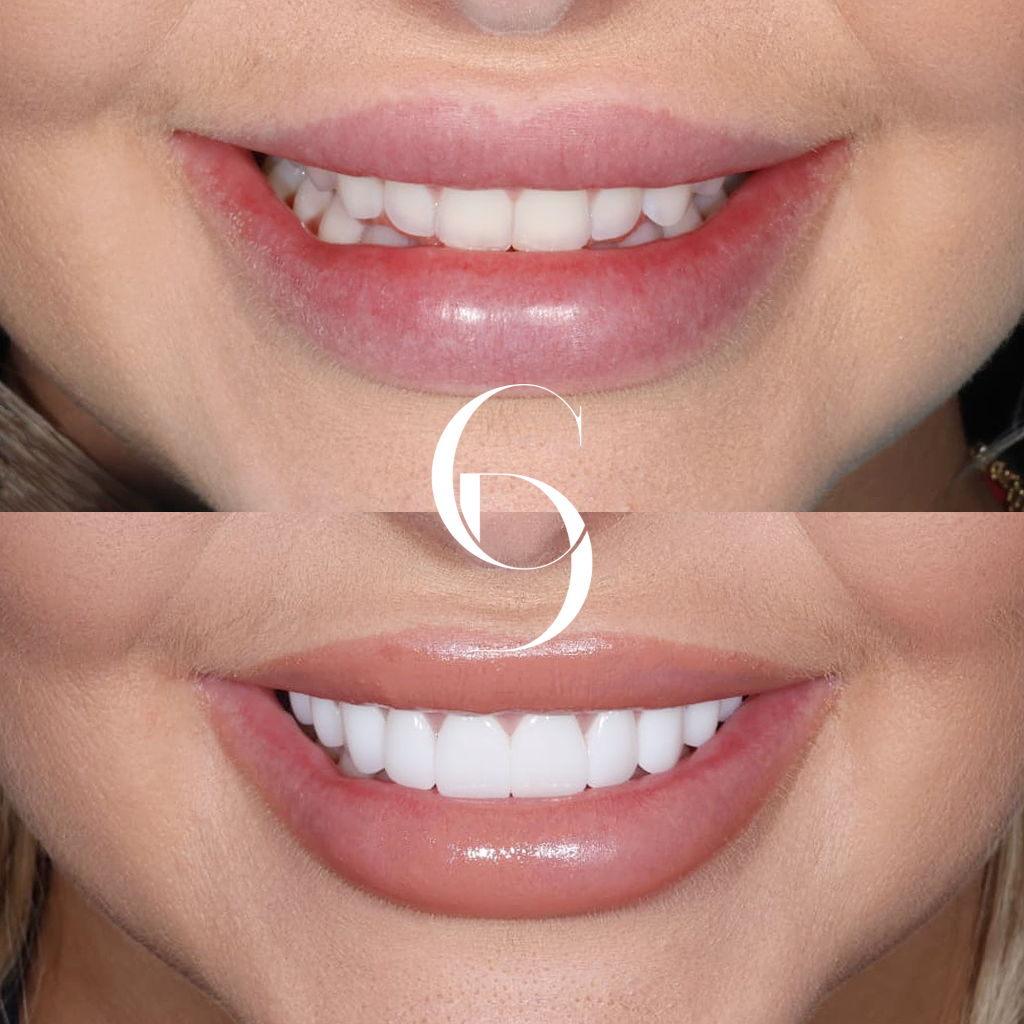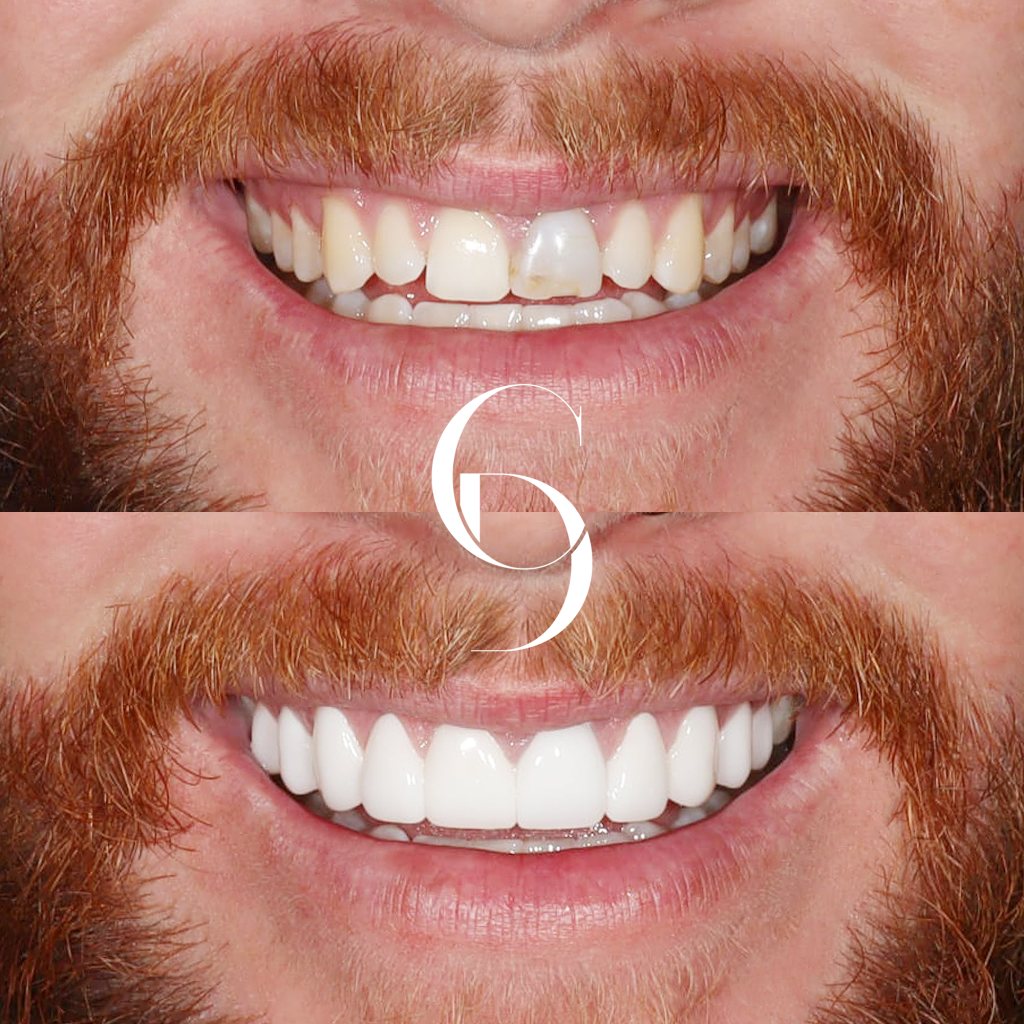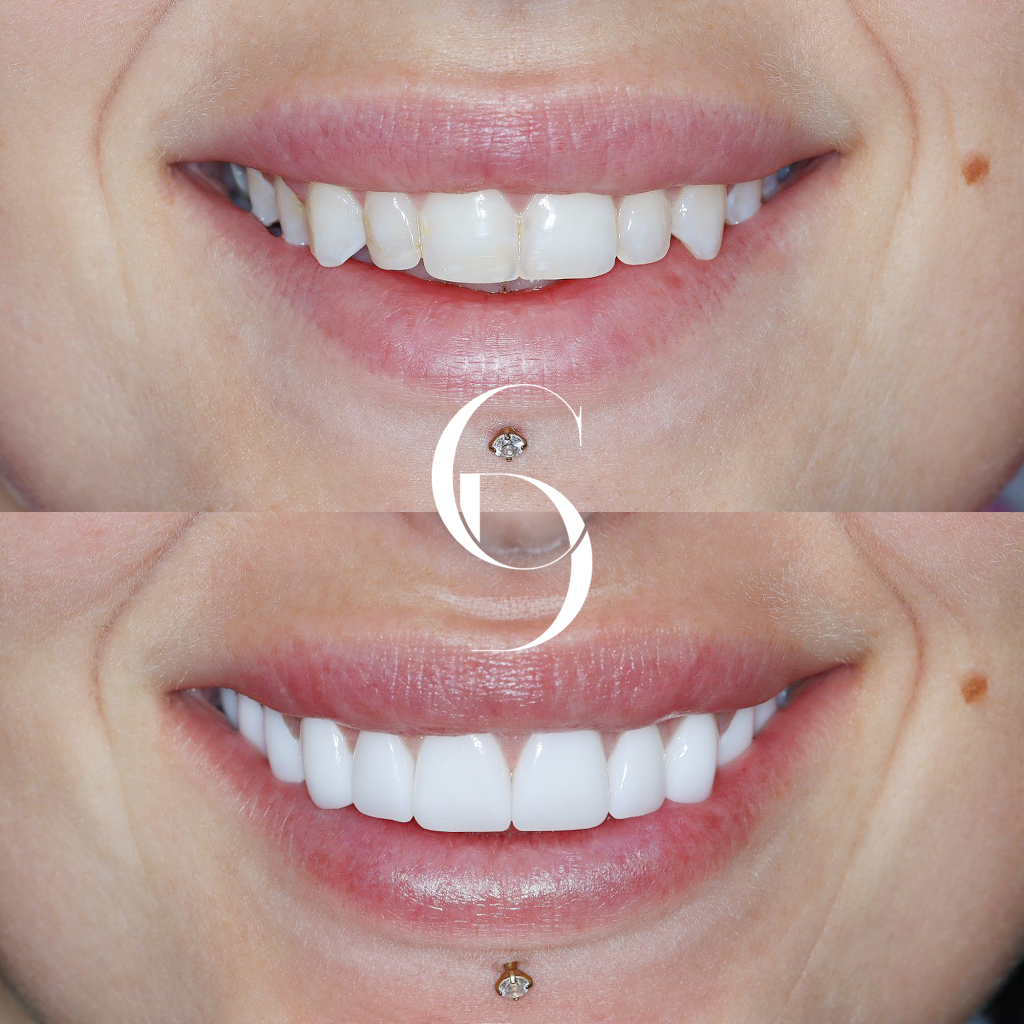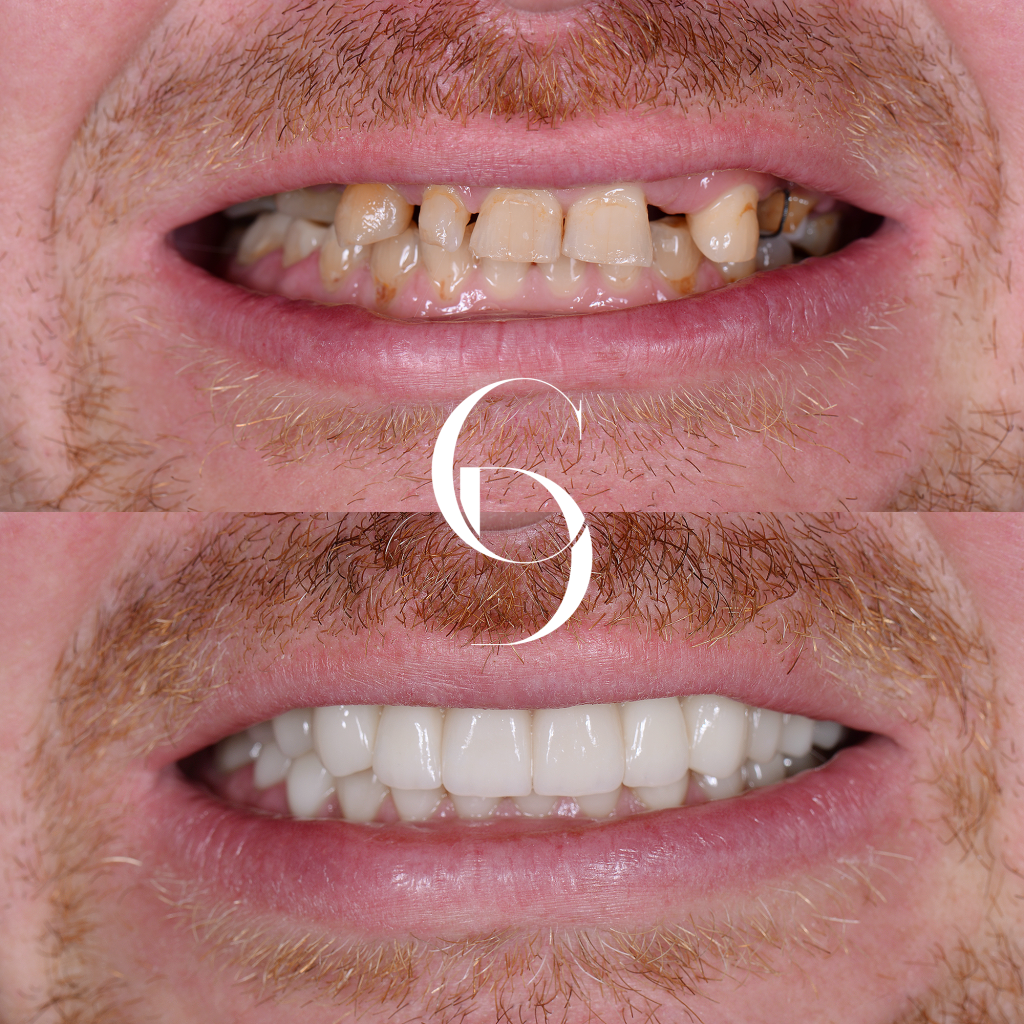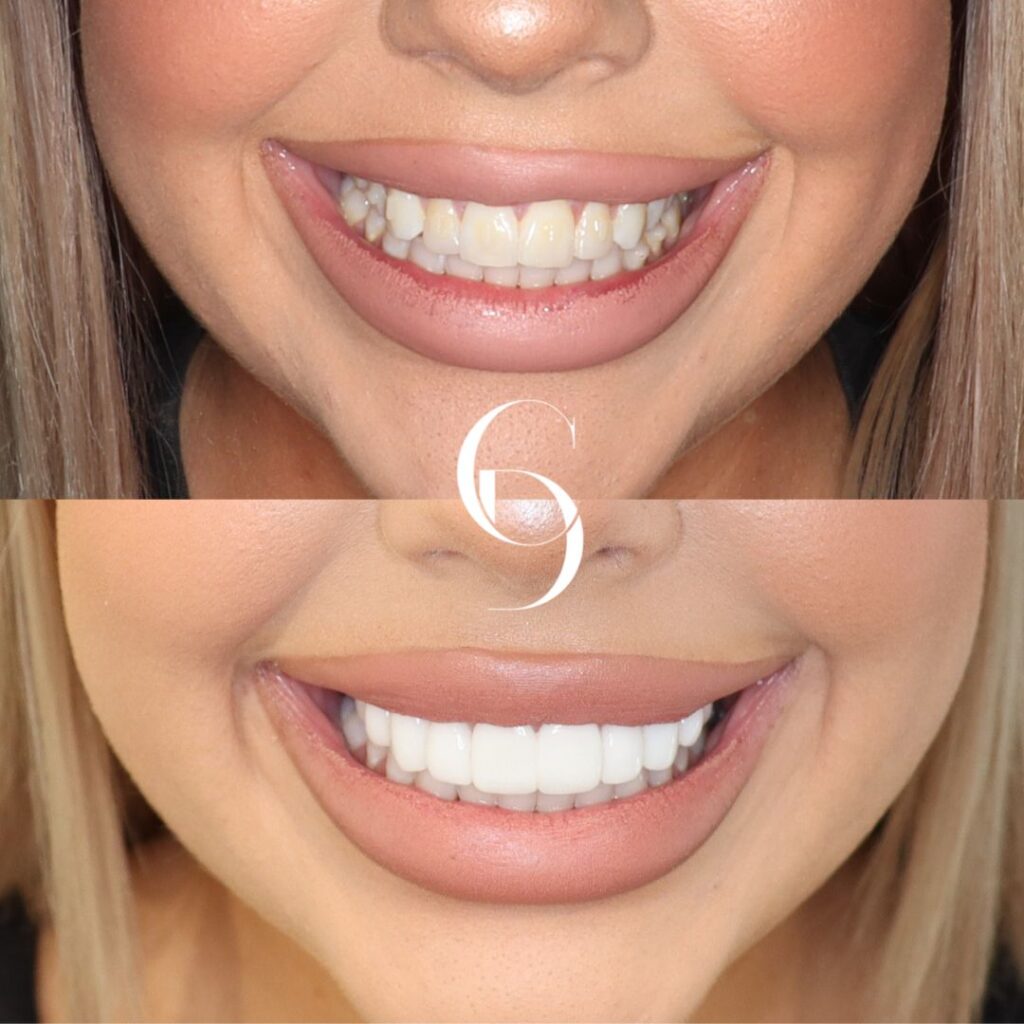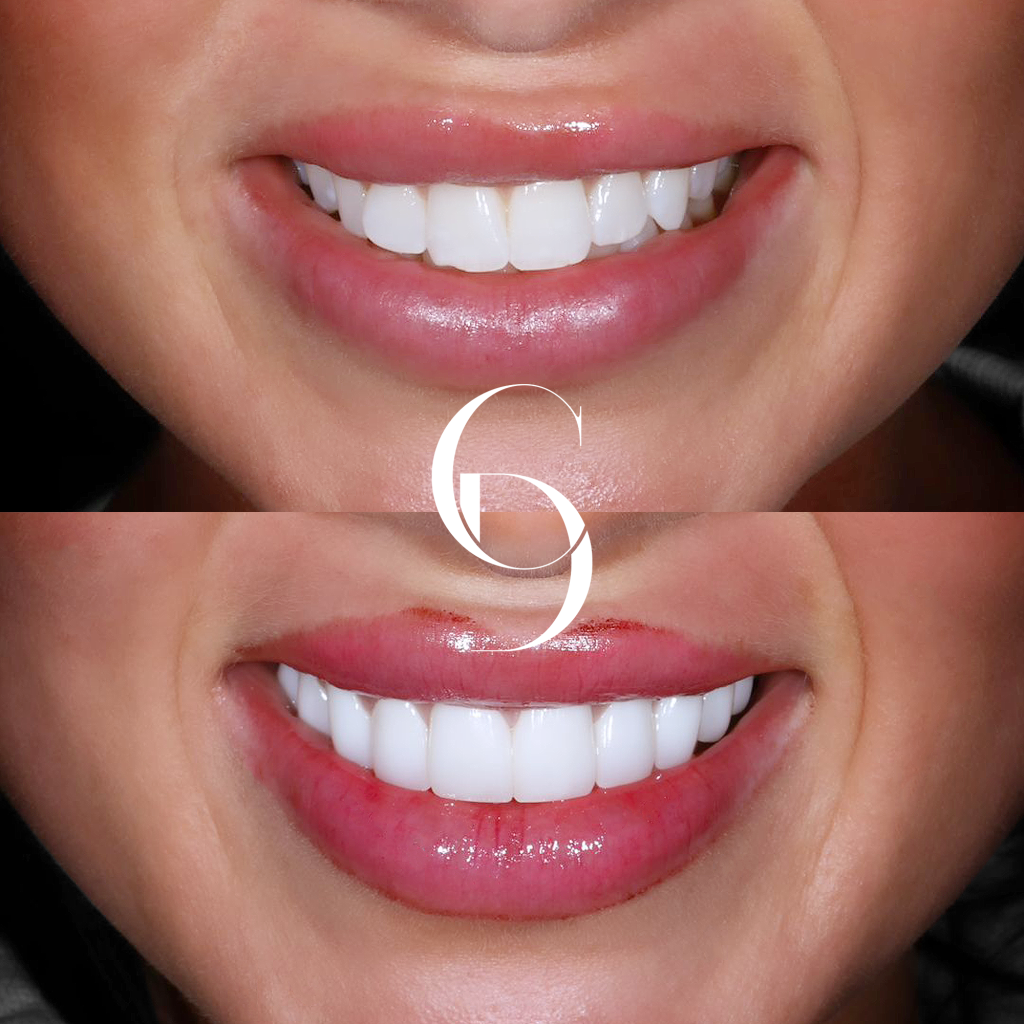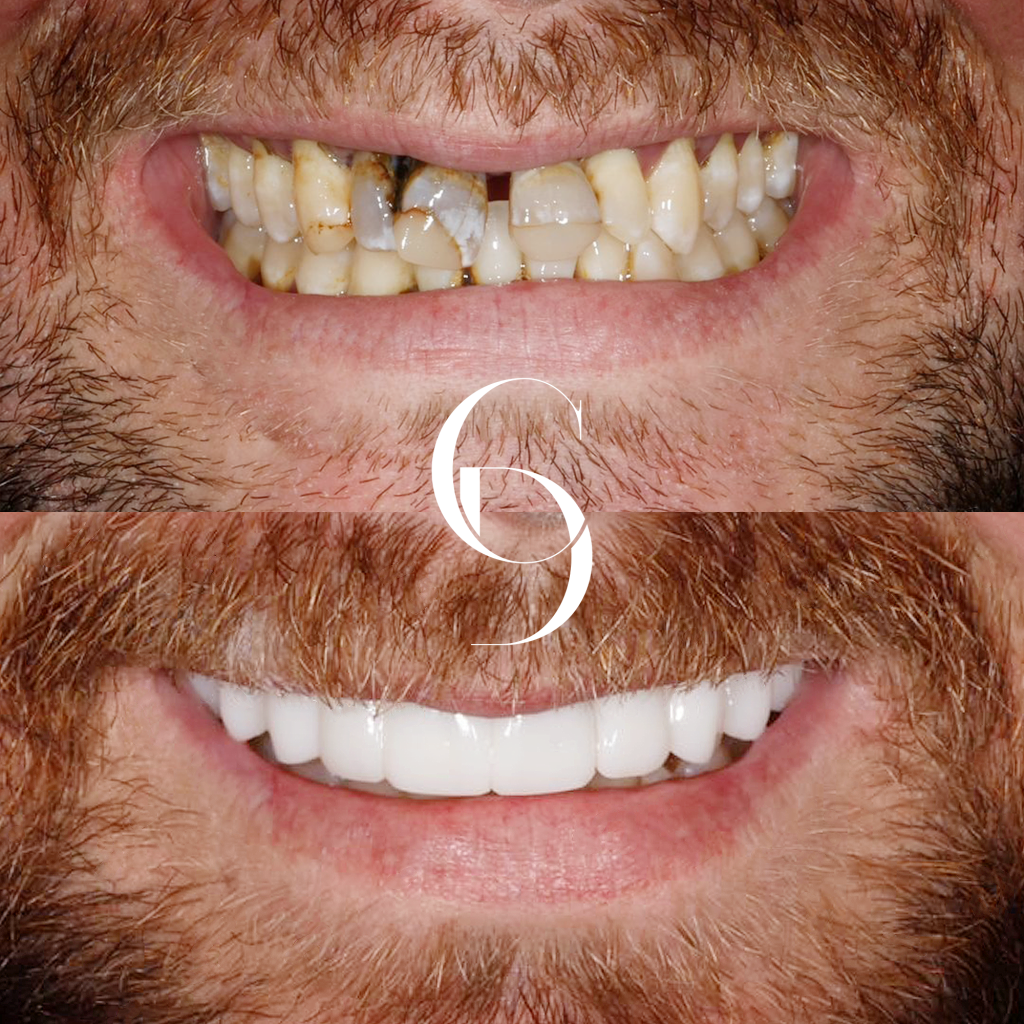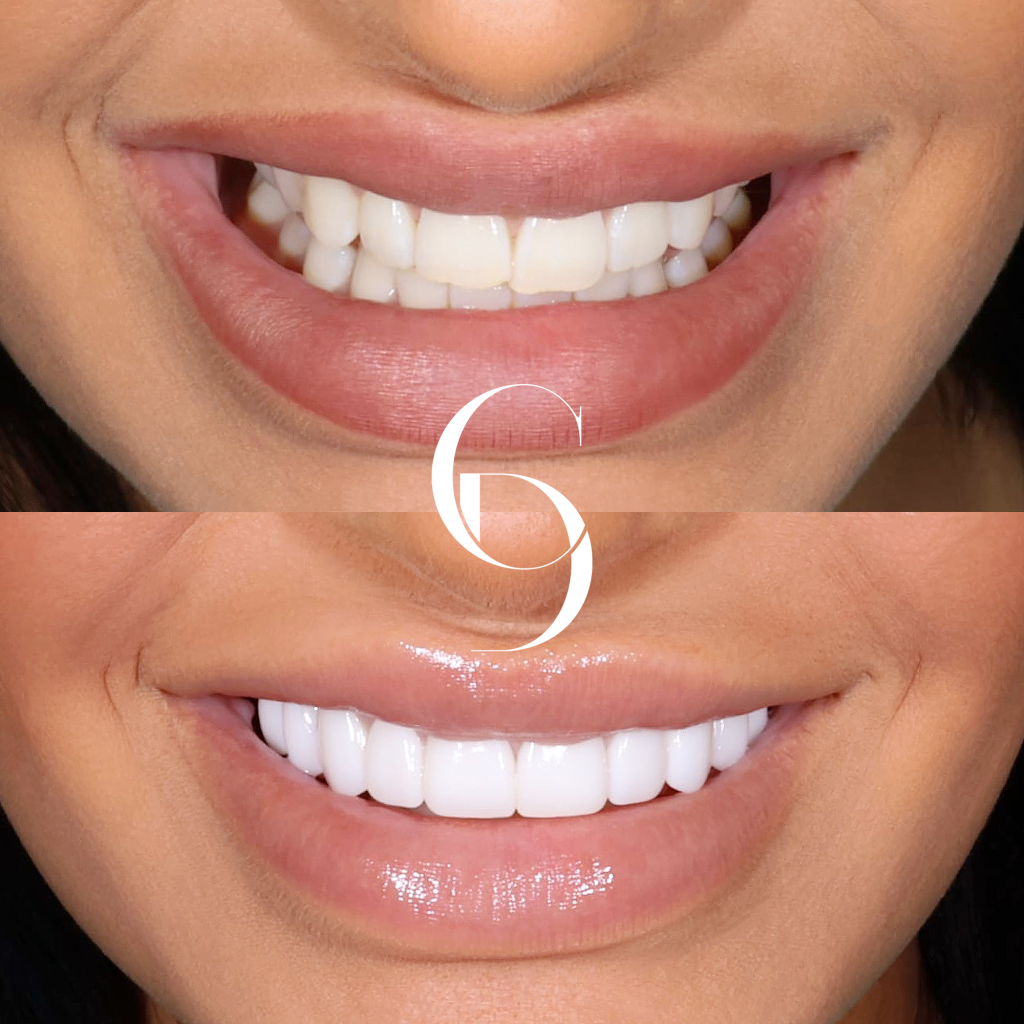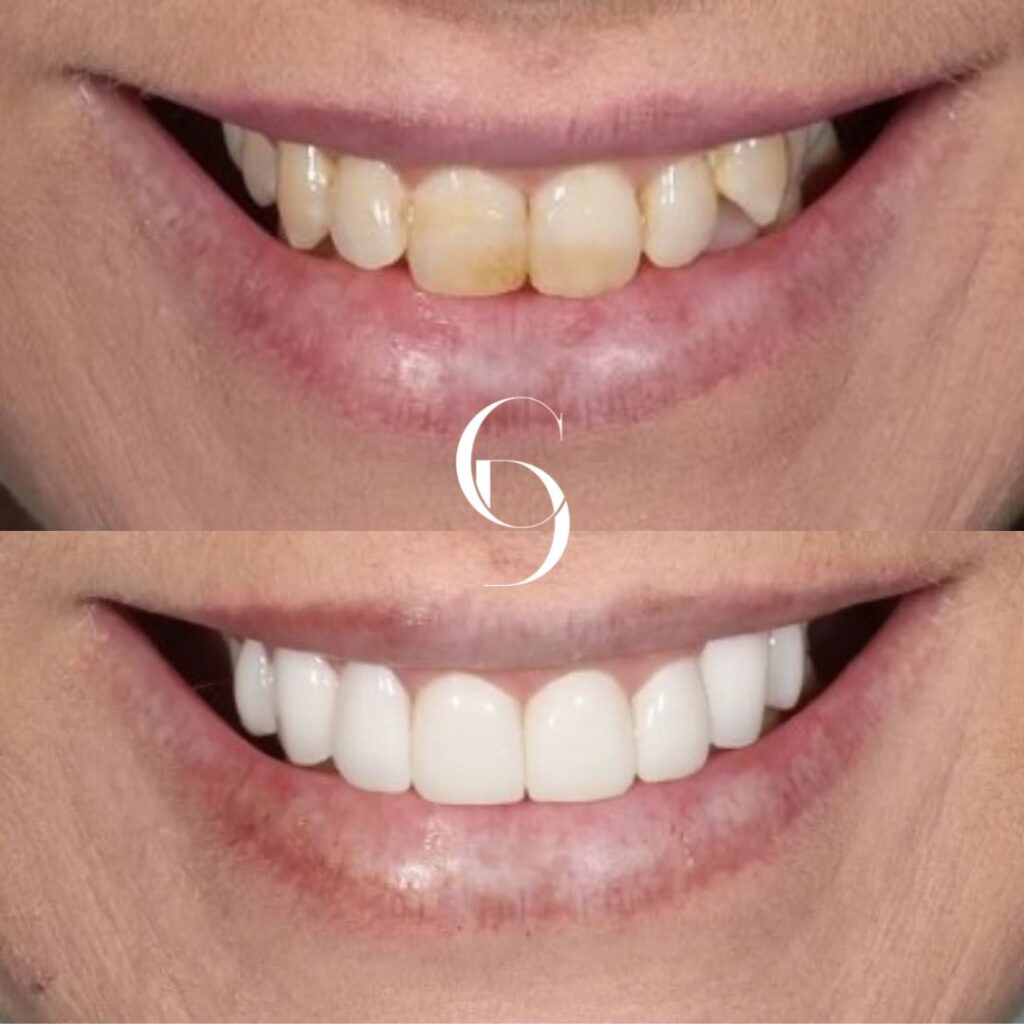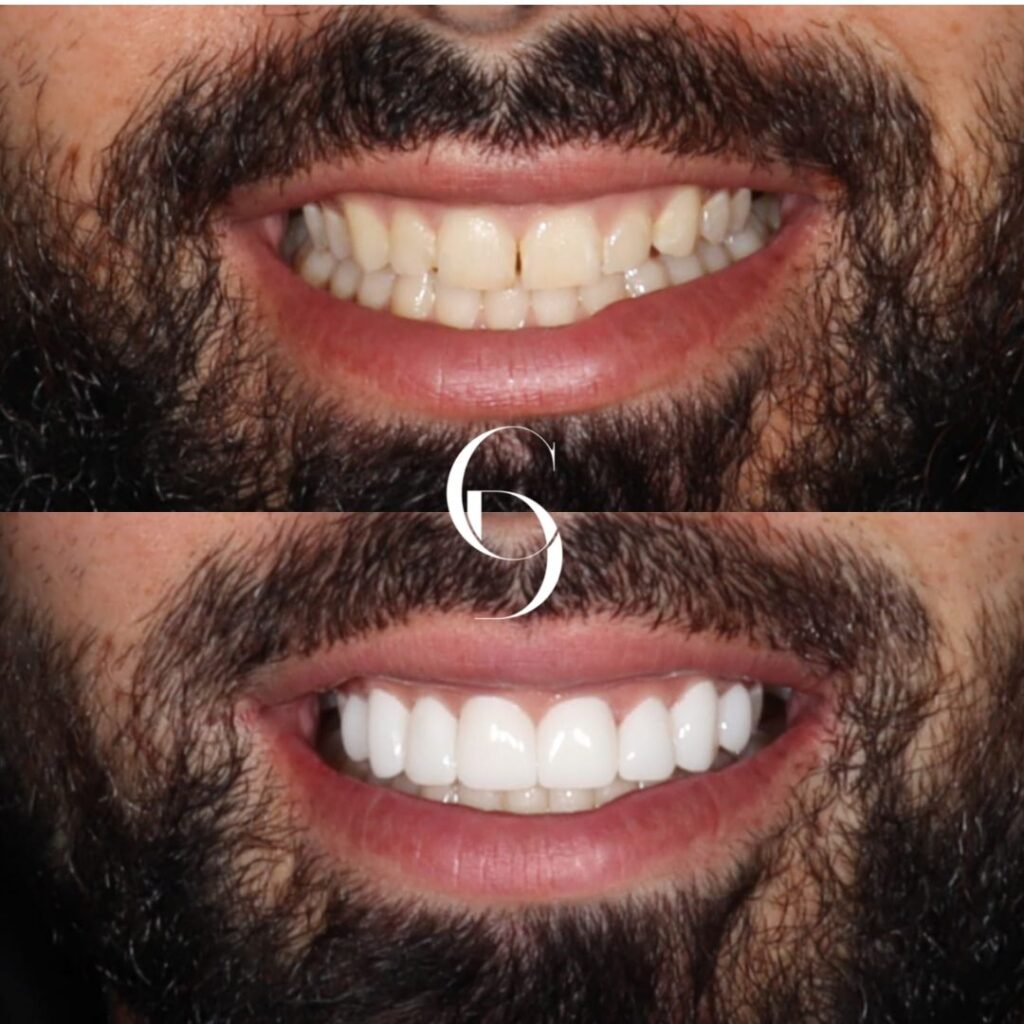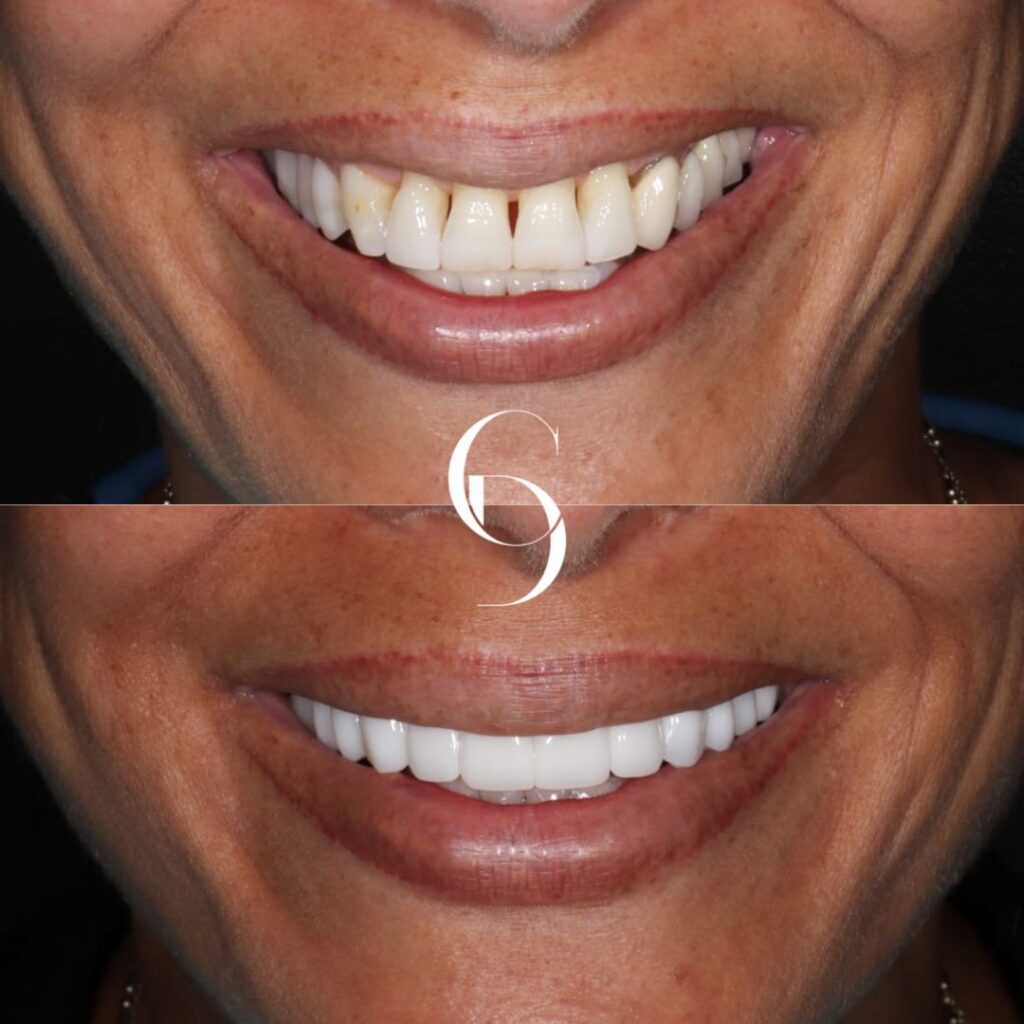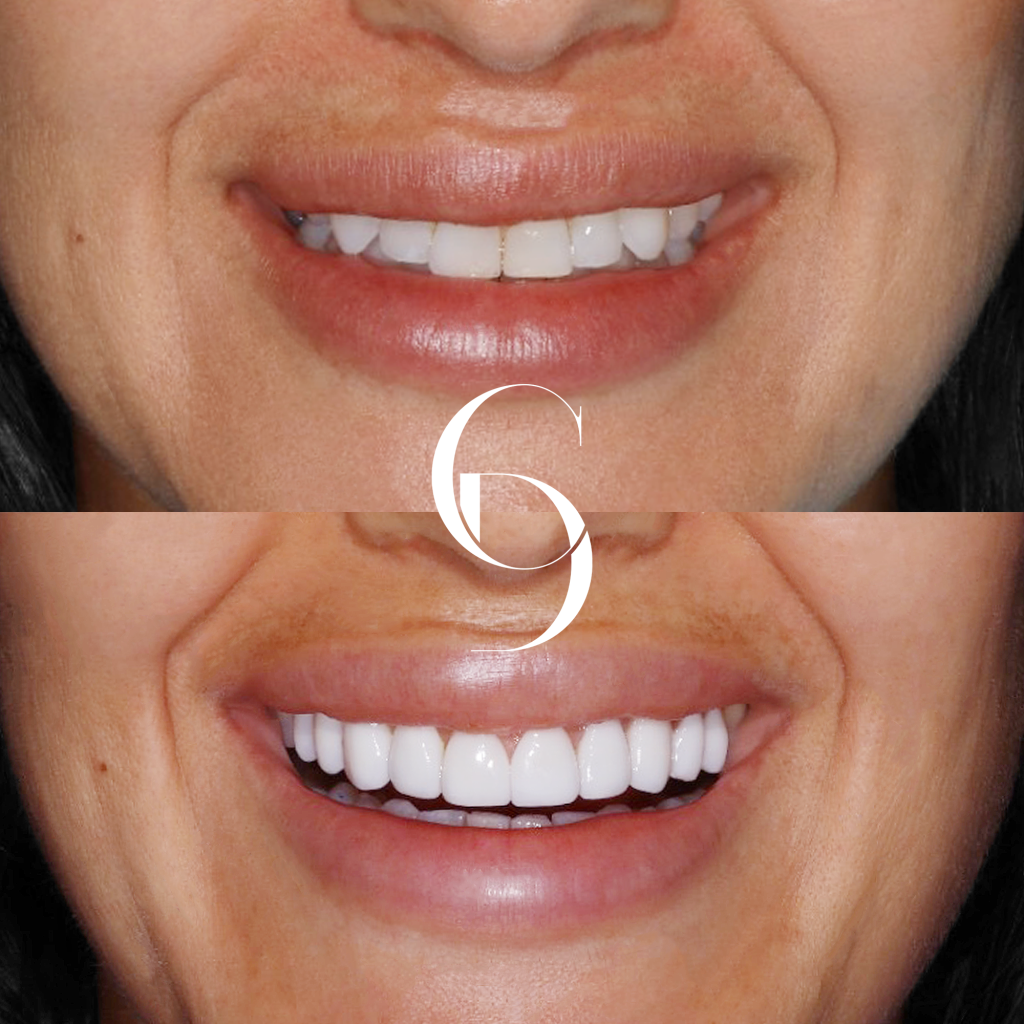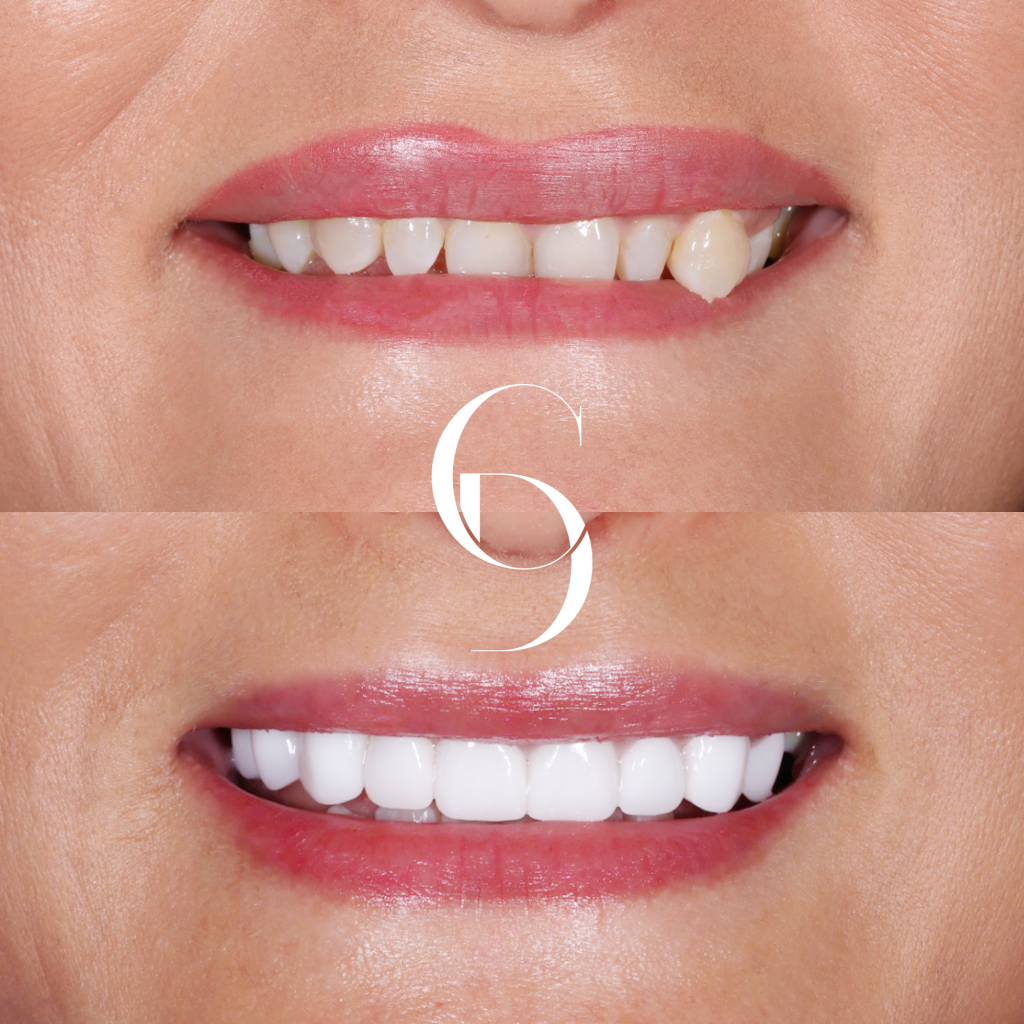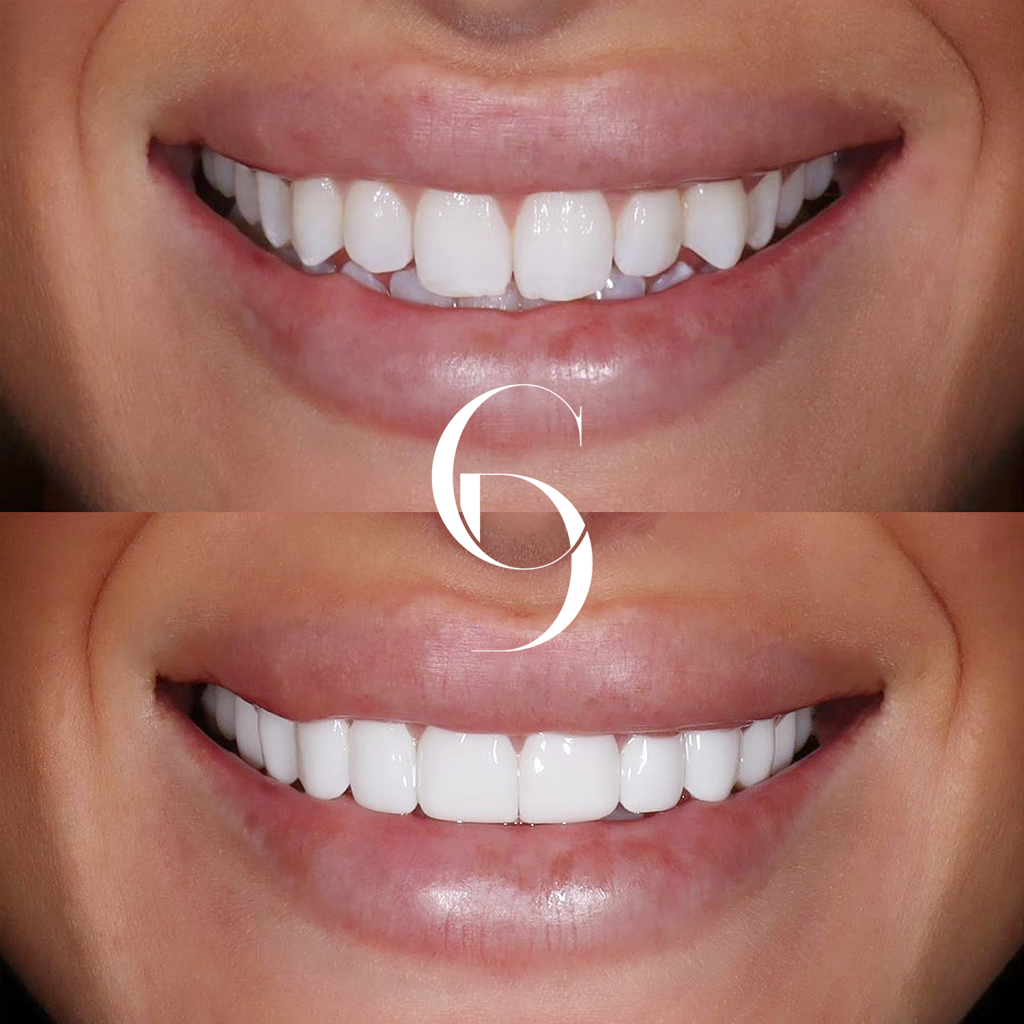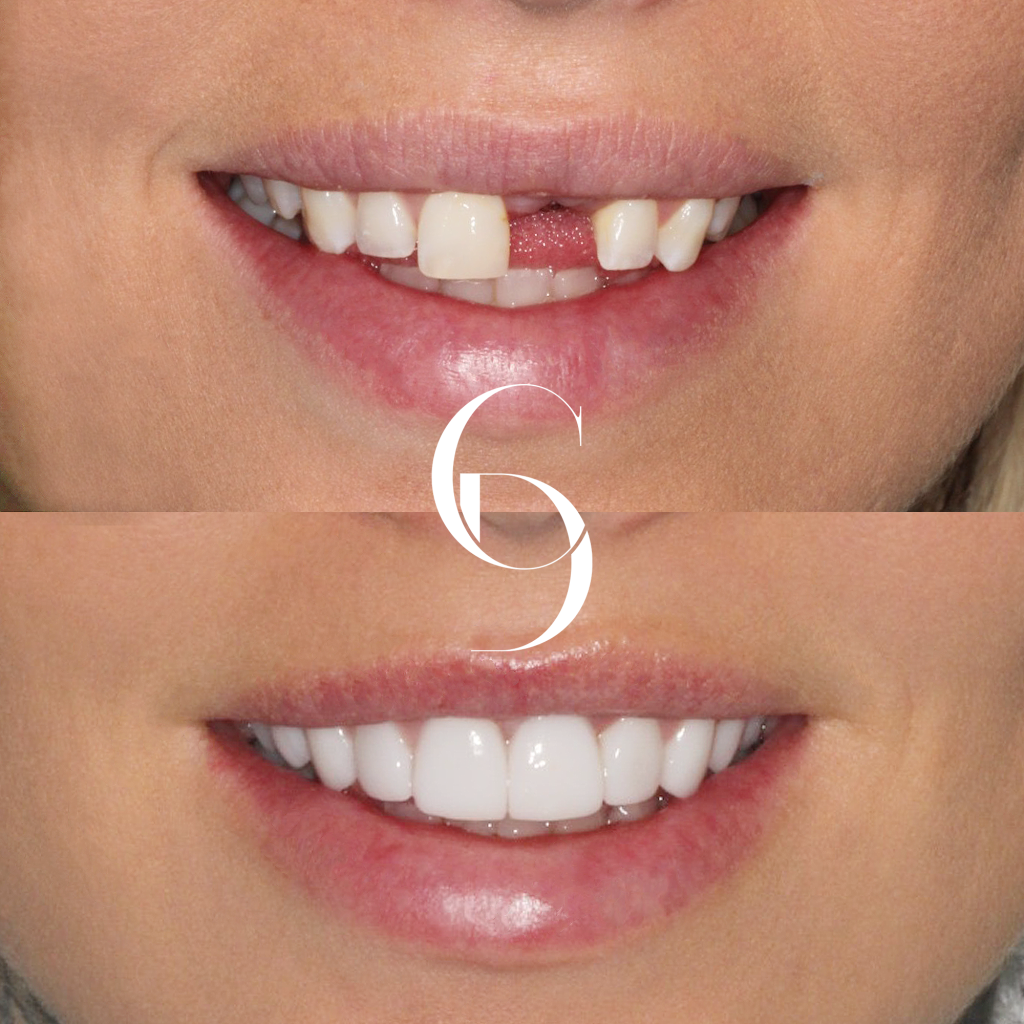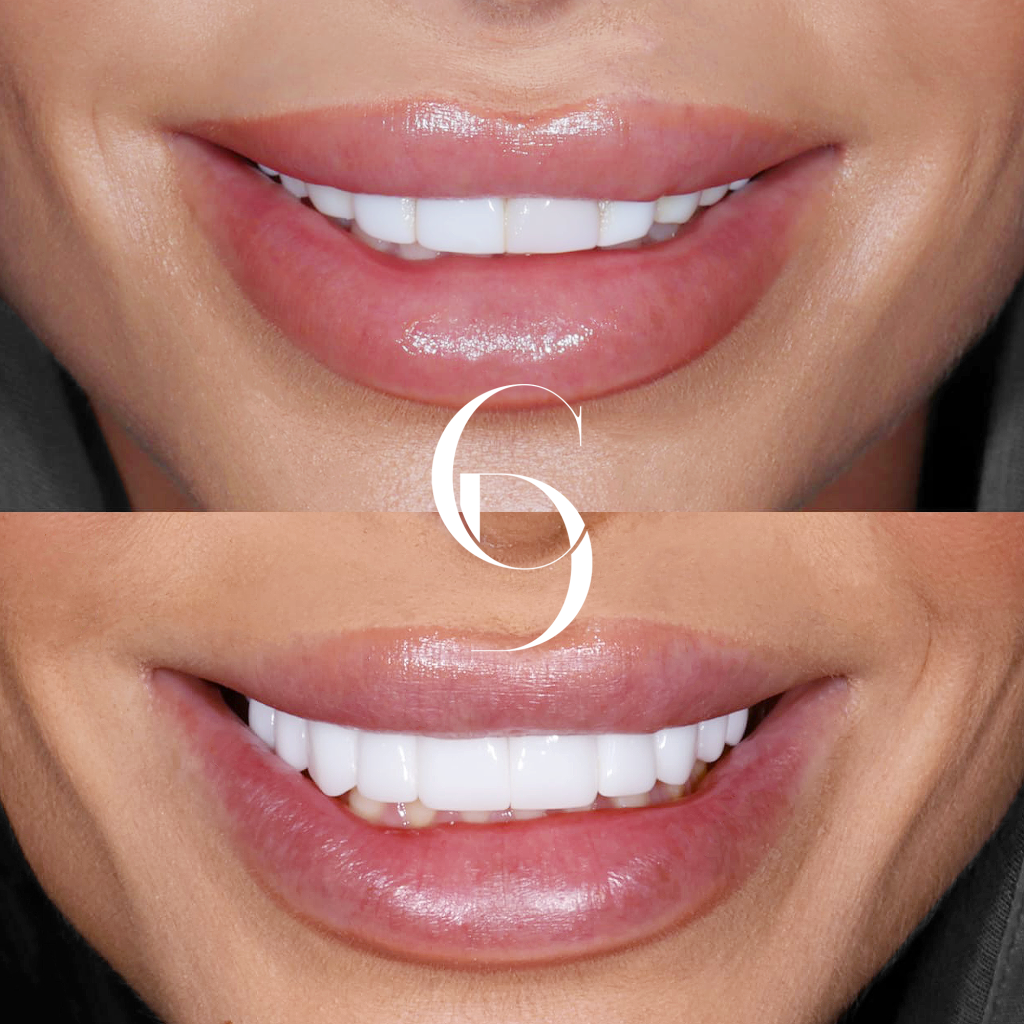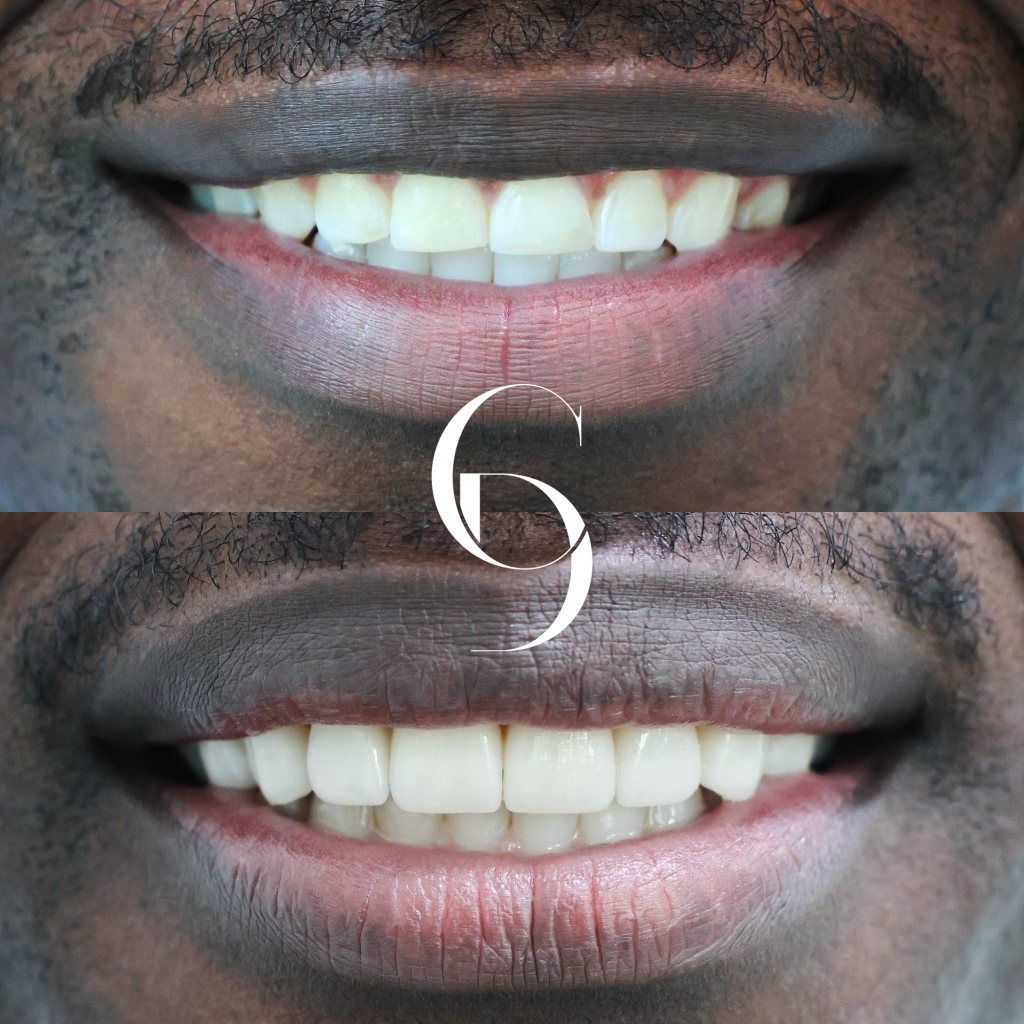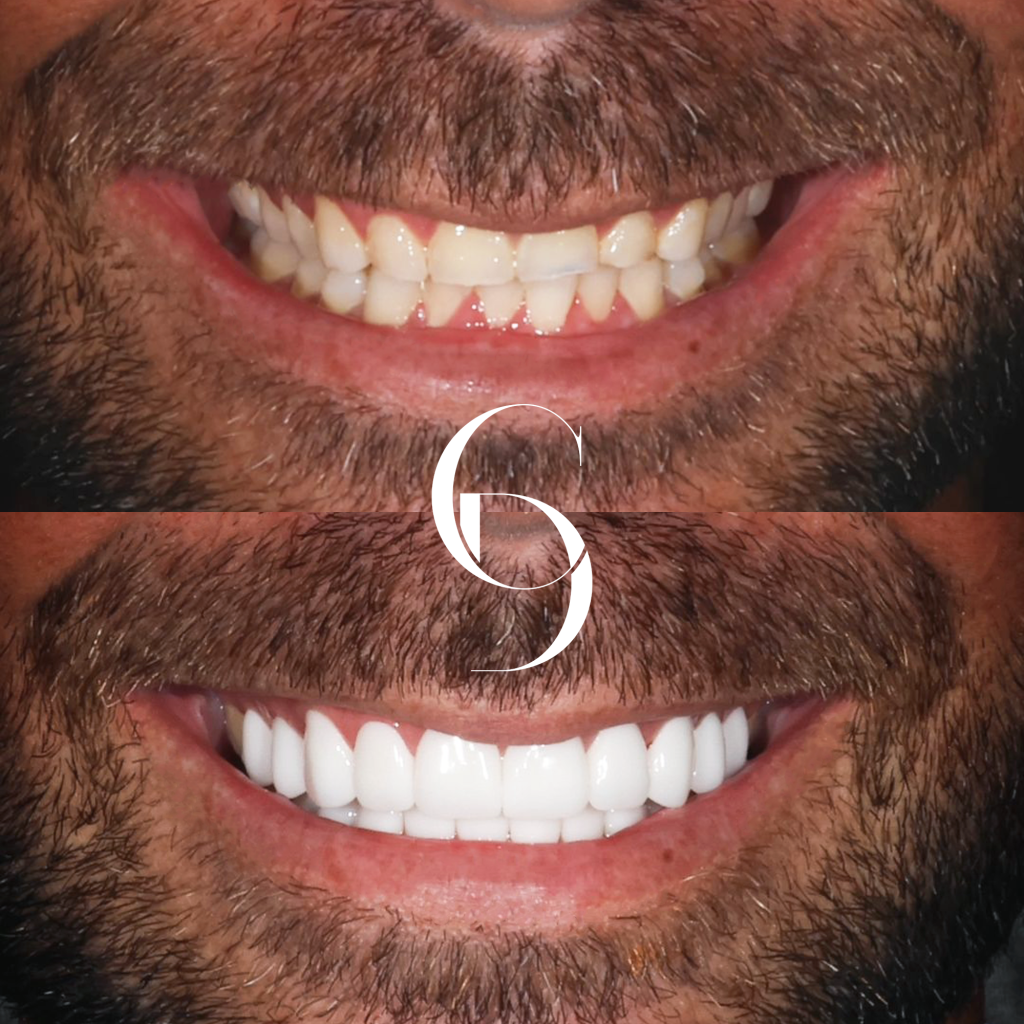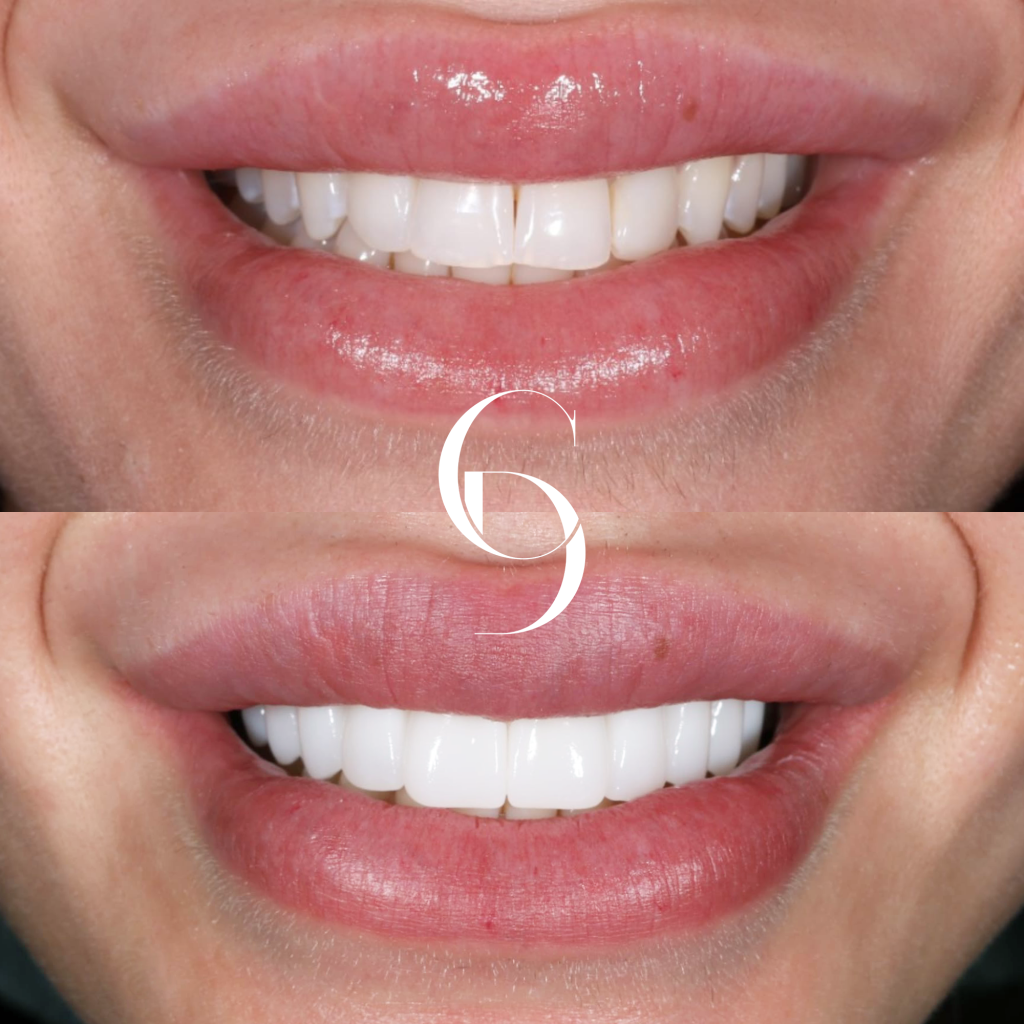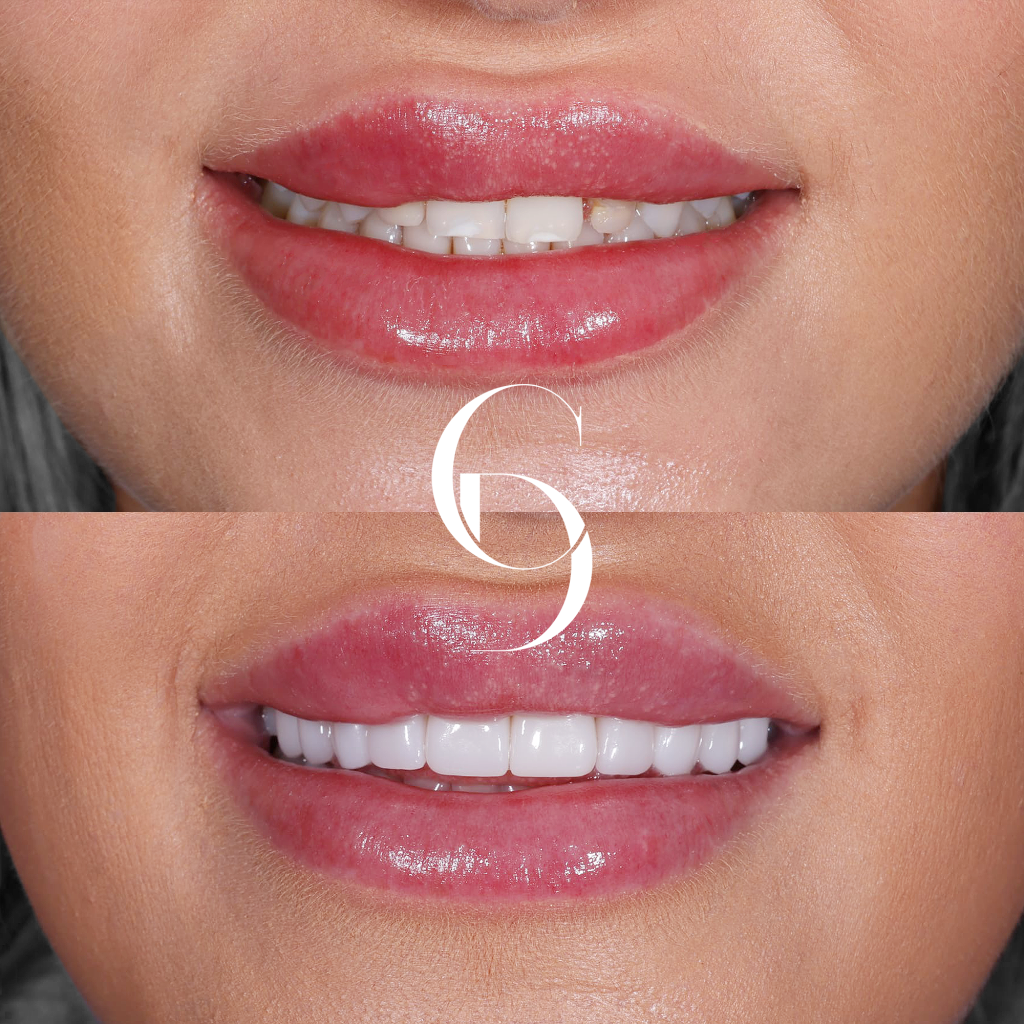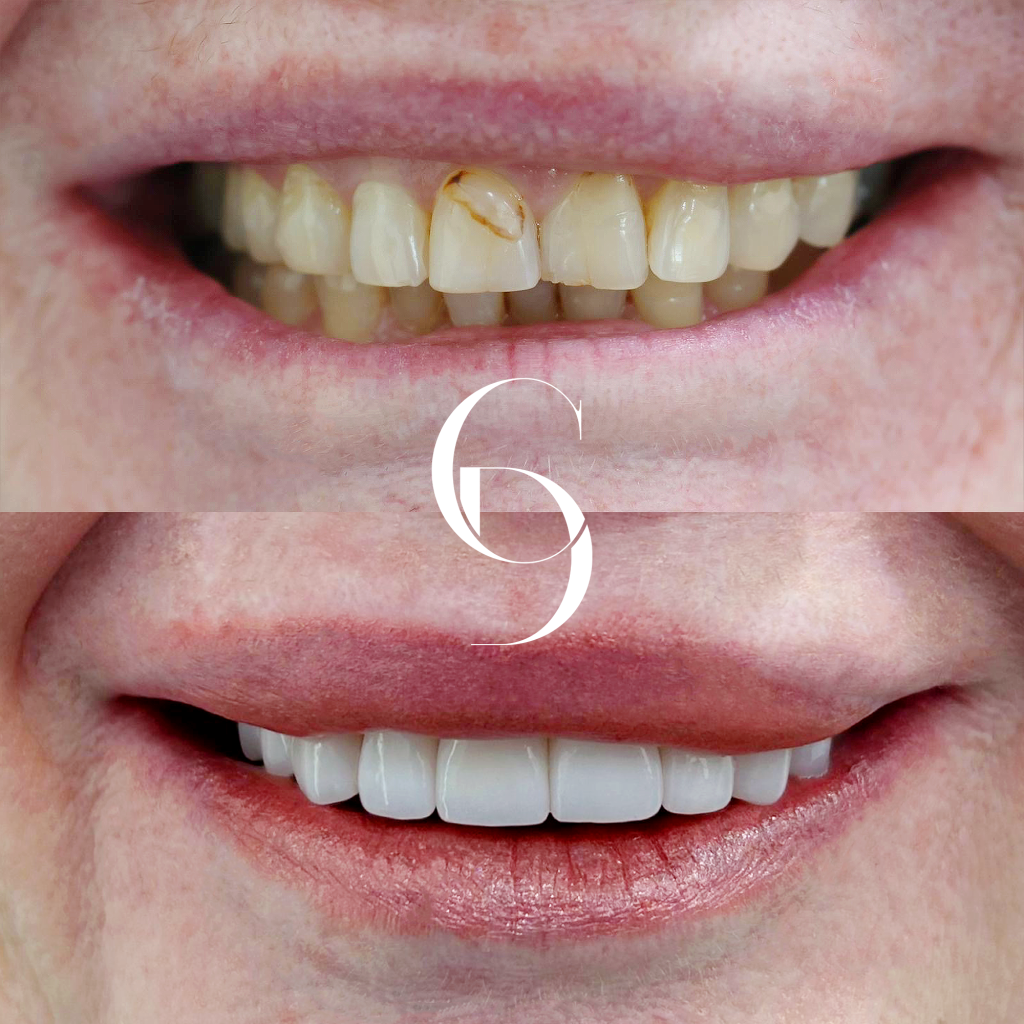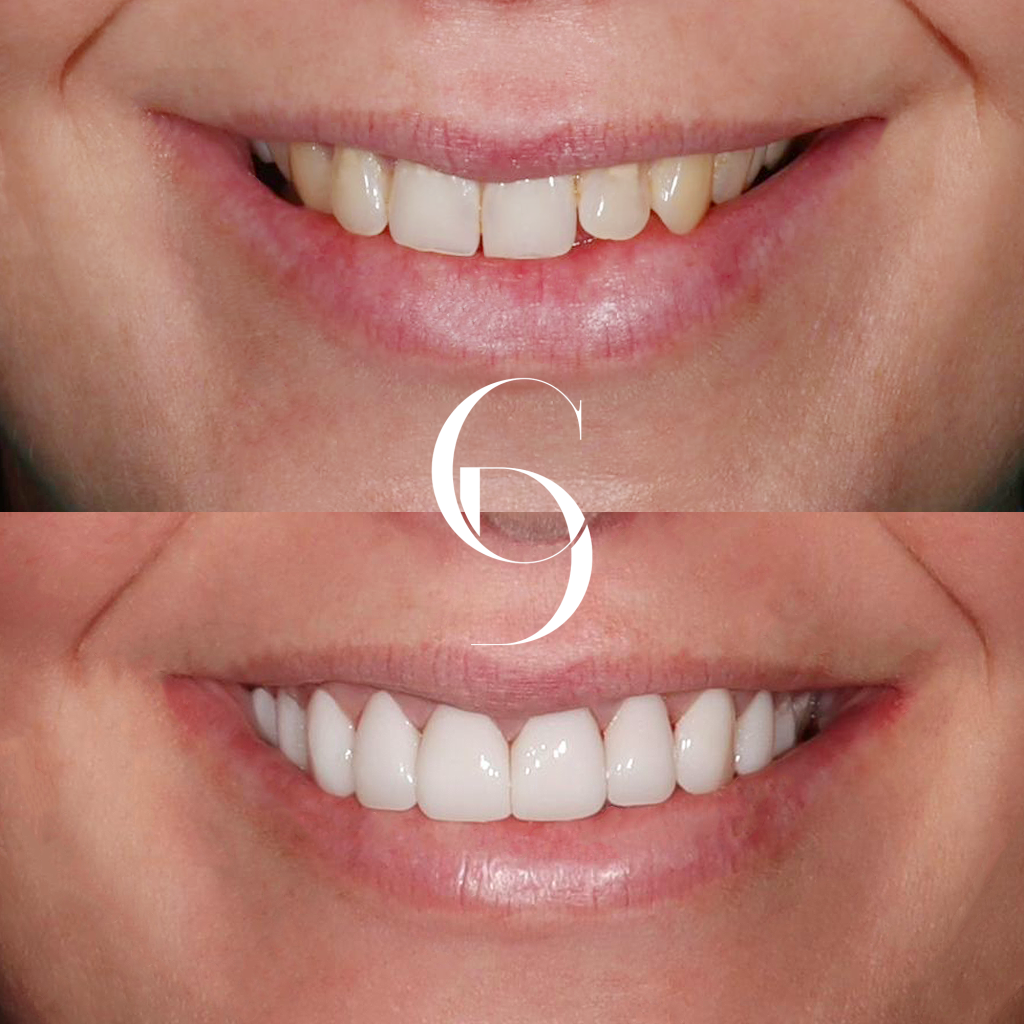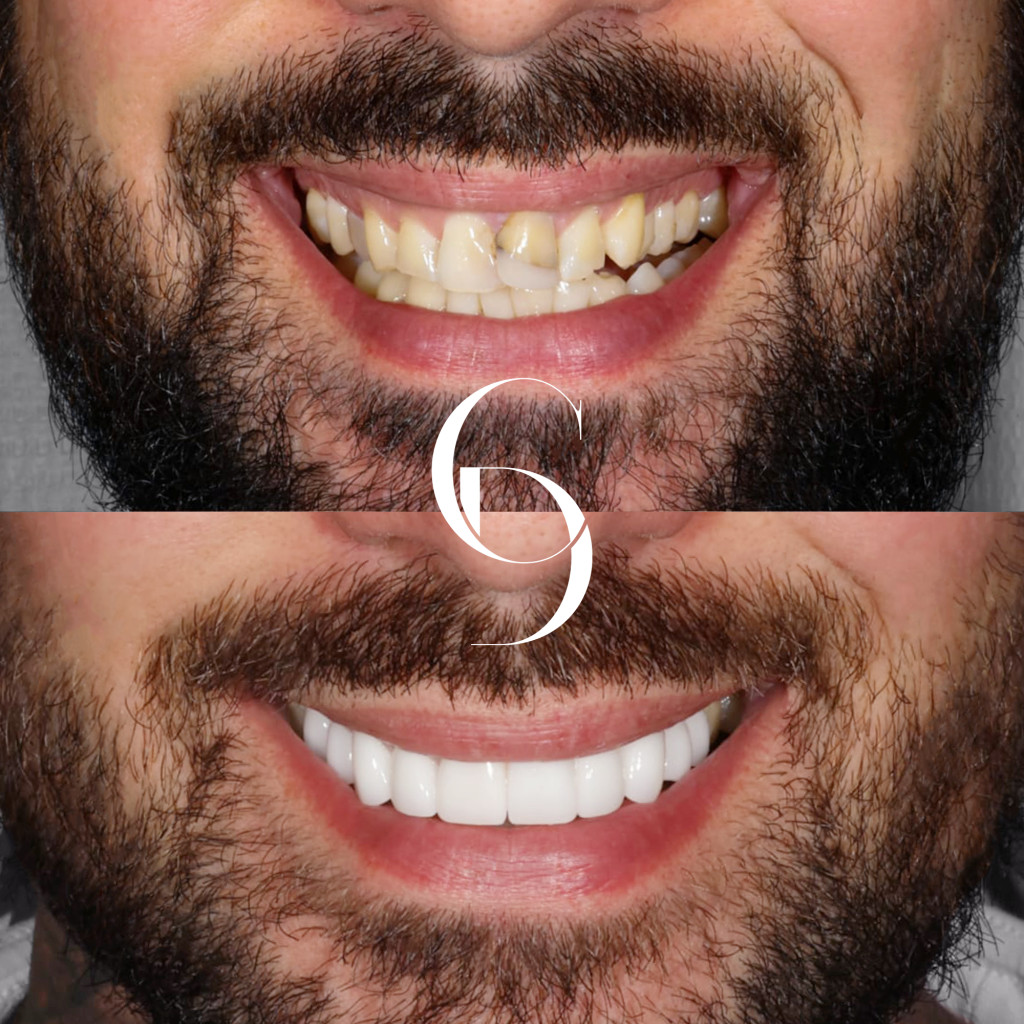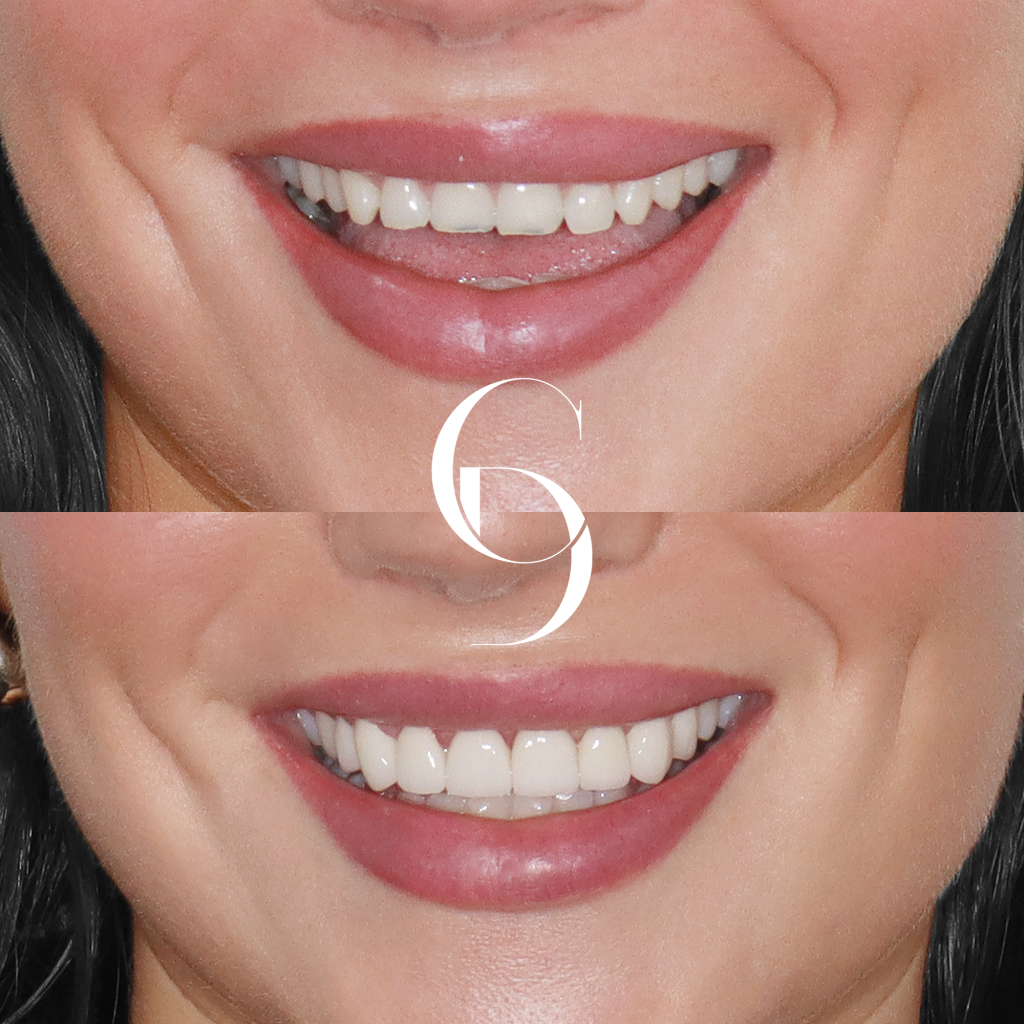How Sugar Causes Tooth Decay and Damages Teeth: Tips for a Healthier Smile
From cupcakes to caramel lattes, sweet treats are everywhere—but have you ever wondered what they’re doing to your teeth? While most of us know sugar can lead to cavities, few understand how serious its effects can be. In this blog, we’ll break down the science of tooth enamel, explore how sugar and bacteria interact, and share practical dental care tips to help you enjoy sweetness without sacrificing your smile.
The Science Behind Sugar and Tooth Decay
Sugar’s Impact on Tooth Enamel
When you eat sugary foods—especially those containing sucrose—you’re feeding the bacteria in your mouth. These bacteria produce acid as they digest sugar, and this acid begins to erode your tooth enamel, the hard outer layer that protects your teeth.
This enamel erosion makes your teeth more vulnerable to cavities, sensitivity, and other dental issues. The more frequently you consume sugar, the greater the risk. Reducing sugar intake and practicing good oral hygiene are critical steps in maintaining strong enamel and preventing decay.
How Sugar Fuels Plaque and Gum Disease
Dental plaque is a sticky biofilm made up of bacteria, and sugar plays a major role in its formation. When sugar is present, harmful bacteria thrive and multiply, producing acids that contribute to plaque buildup.
If left untreated, plaque can irritate your gums, leading to gingivitis—the early stage of gum disease. Without intervention, this can progress to periodontitis, a serious condition that may lead to tooth loss. Controlling sugar intake and brushing and flossing regularly are key to avoiding this progression.
Sugar, Saliva, and pH Balance
Your saliva is nature’s defense system—it neutralises acids and helps remineralise teeth. However, when you consume sugar often, your saliva’s pH level drops, creating an acidic environment that weakens enamel.
Constant sugar exposure can overpower your saliva’s natural buffering ability, increasing the risk of demineralisation and cavities. Drinking water, chewing sugar-free gum, and eating pH-friendly foods can help restore a healthy balance.
Smart Ways to Protect Your Teeth from Sugar Damage
Oral Health Education and Regular Dental Visits
Knowledge is power when it comes to preventing cavities. Dentists can offer personalised advice based on your diet and oral habits, and regular checkups help catch issues before they become serious. Ask your dentist for tips on reducing sugar exposure and improving brushing techniques.
Dental Veneers: A Long-Term Smile Solution
If sugar damage has already taken a toll on your teeth, porcelain veneers can be a great solution. These thin, custom-made shells cover the front surface of teeth, restoring a bright, healthy appearance. Veneers not only boost confidence but also offer protection from further enamel erosion, chips, and stains.
Choose Healthier Sugar Alternatives
Swap traditional sugar for tooth-friendly sweeteners like xylitol and erythritol. These natural substitutes don’t feed cavity-causing bacteria and even help reduce plaque buildup. Many dentists recommend these alternatives as part of a cavity prevention strategy.
Strengthen Teeth with the Right Nutrients
A balanced diet rich in calcium, phosphorus, and vitamin D helps reinforce enamel and keep your gums healthy. These nutrients act as the bodyguards of your smile, especially important for those with veneers or other dental restorations.
Embrace Natural Sugars from Whole Foods
Not all sugar is bad. Natural sugars found in fruits like apples and strawberries come with added health benefits—fiber, water, and nutrients. These foods also stimulate saliva production, which helps wash away food particles and neutralise acids. Incorporating natural sources of sugar into your diet can satisfy your sweet tooth without putting your oral health at risk.
Final Thoughts: Smile Smart with Sugar
Understanding how sugar affects oral health helps you make better decisions for your smile. From reducing sugary snacks to considering protective solutions like teeth veneers, there are many ways to stay one step ahead of tooth decay. Don’t fear sweetness—just manage it wisely. With the right knowledge and dental care, you can enjoy life’s little indulgences without compromising your dental health.

